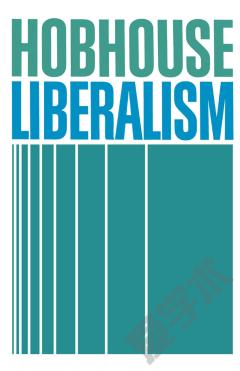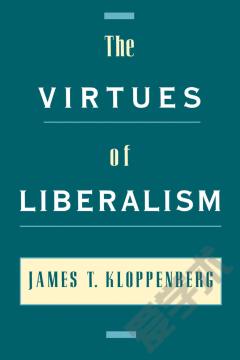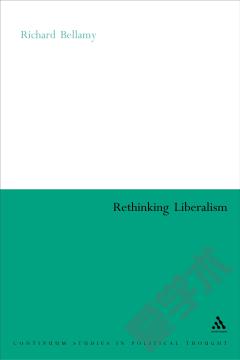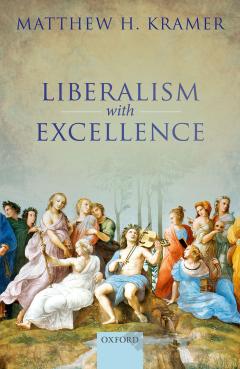Liberalism Undressed
One of mankind's most enduring questions is the legitimate scope of state power: how far and in what ways may the government meddle with people's lives? Where lies the line that government ought not cross? For more than three centuries, the western world has answered these questions with with institutions and practices that collectively have come to be known as liberal democracy. Though deeply rooted, liberalism has stirred critical attacks from both the left and the right and it has never wholly won the day. During the past 40 years, many of liberalism's most distinguished defenders have presented complex, controversial, abstruse, and even impenetrable theories to justify liberal institutions and practices, often relying on metaphysical constructs, imaginary beings, and fanciful events to fashion abstract liberal principles that rarely reach real-world problems. In Liberalism Undressed, Jethro K. Lieberman returns to liberalism's roots to explain, in accessible and readable prose, why liberalism retains its power and appeal. He begins with the memorable thesis of John Stuart Mill, who drew from earlier liberal writers, that "the only purpose for which power can be rightfully exercised over any member of a civilised community, against his will, is to prevent harm to others." Building on Mill's well-known, but rarely analyzed, Harm Principle, Liberalism Undressed undertakes to show that this widely-accepted precept-"it's a free country; I should be able to do what I want as long as I don't hurt anybody"-can justify a government robust enough to deal with pressing modern problems of human harm and suffering while restrained enough to provide people freedom to live life on their own terms. A powerful reinterpretation of liberalism's foundations, it forces us to rethink our understanding of the meaning of harm and the proper role of government in our individual and communal lives.
{{comment.content}}








 京公网安备 11010802027623号
京公网安备 11010802027623号